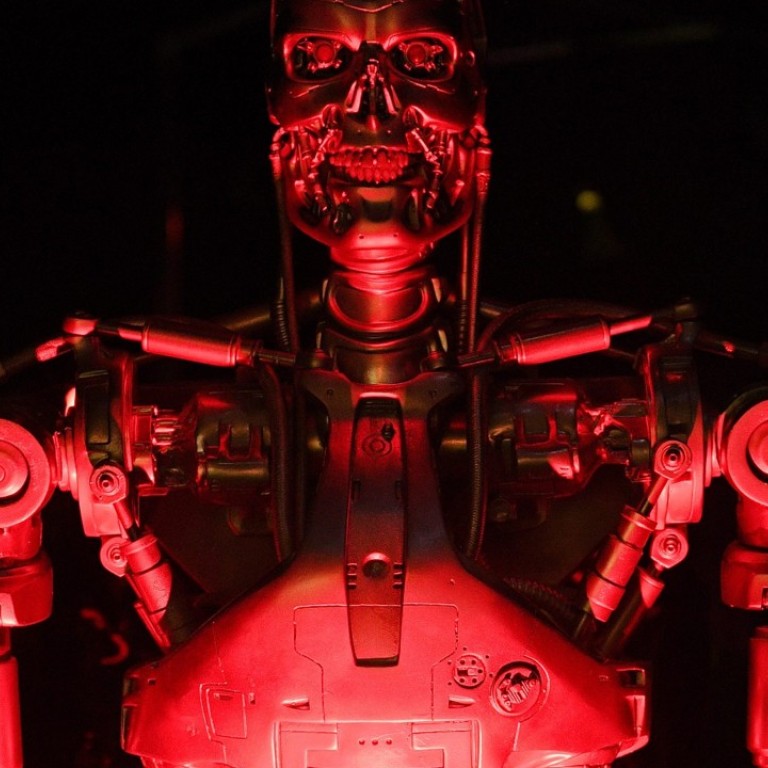
The ‘father of A.I.’ urges humans not to fear the technology
AIs of the future will be smarter than us, but will mostly be interested in other AIs, according to Jurgen Schmidhuber, a pioneer in AI technologies
By Andrew Wong
Artificial intelligence will one day be smarter than humans, but there’s no reason to fear the technology, according to a pioneer in AI technologies.
“I’ve been working on [AI] for several decades, since the eighties basically, and I still believe it will be possible to witness that AIs are going to be much smarter than myself, such that I can retire,” Jurgen Schmidhuber, who is now co-founder and chief scientist of AI start-up NNAISENSE.
He has been dubbed as the person that robots will most likely call “father.”
But dire warnings about AI have been repeatedly sounded by Tesla’s Elon Musk , who went as far as to claim that the danger of AI far surpasses that of nuclear warheads at a conference this year.
“I’ve talked to him for hours and I’ve tried to allay his fears on that, pointing out that even once AIs are smarter than we are, at some point they are just going to lose interest (in humans),” Schmidhuber told CNBC’s Nancy Hungerford, on his conversations with Musk.
If there are any concerns, it’s that humans should be worried about beings “that are similar to yourself” and share goals. Cooperation could result, or it could go to an “extreme form of competition”, which would be war, he said.
In 1997, Schmidhuber was involved in publishing a study on Long Short Term Memory, a technique which ultimately laid the groundwork for the memory functions of AI today.
AIs of the future will mostly be interested in other AIs, however, Schmidhuber predicted. “We already have AIs in our labs that invent their own goals and don’t just slavishly imitate what humans tell them,” he said.
According to Schmidhuber, about 95 per cent of all AI research is about enhancing the human life by making humans live longer, healthier and happier. While he acknowledged that the remaining five per cent is used on military research, there is still no reason to worry.
“In principle, you shouldn’t worry about that because the profits are in selling to you an AI that is good for you,” the scientist said.

